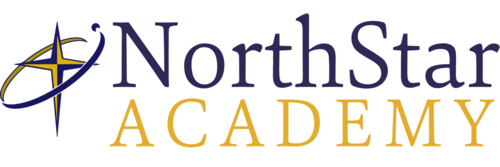Summary of course content and activities:
Language is a gift from God, and learning how to use it well is essential for life. In Grade 8 Language Arts, students develop their reading, writing, listening, and speaking skills—skills that aren’t just useful for school but for everyday life. Communication helps us connect with others, express our thoughts, and contribute to our communities. As we explore different ways of knowing and understanding, we grow in wisdom and prepare for the future. Most importantly, studying language deepens our relationship with God. He is the creator of thought and communication, and through language, we gain insight into His character and the gifts He has given us. By learning to use language well, we prepare for life and a lifetime of knowing and serving Him.
Language Arts 8 includes several units incorporating critical thinking, analysis, creative writing, research writing, comprehension activities, making connections and expressing ideas, all rooted in a Biblical Worldview. The novel study for this course is The Hiding Place by Corrie ten Boom.
Pre-requisite:
The pre-requisite course for Language Arts 8 is Language Arts 7.
Materials and resources required:
Provided by NSA:
- Language Arts 8 online lesson and assignment documents
- The Hiding Place
Purchased by student:
- Language Power workbook, Level F (provided by NSA, invoiced to families for workbook cost).
Time Expectation
Students should expect to spend approximately five hours a week on this class.
Students will be evaluated on assignments, tests and discussions provided in the lessons. These will be submitted to the teacher for marking. Closed-book tests are given throughout the course. There is a final cumulative exam for this course.
Limited Submission Policy
During the last two weeks of the school year, Northstar has a limited submission policy. This means that students may only submit up to two items in addition to what is due that week. This includes assignments, quizzes and tests.
Academic Integrity Policy
Academic Integrity is acting in ways that are honest, fair, and responsible in completing your school work and tests. Your submitted work must be produced by yourself, using your own words and ideas based on what you are learning in your course. The use of AI or other internet sources on assignments, tests, or quizzes, unless specified by the teacher, is considered cheating. Additionally, exams are to be supervised by an adult in the same room as the students and can see the student’s screen and workspace.
The breakdown of marks is as follows:
- Assignments: 65%
- Tests: 25%
- Discussions: 10%
